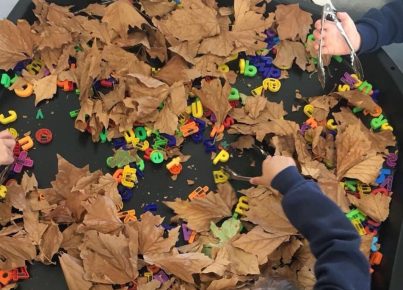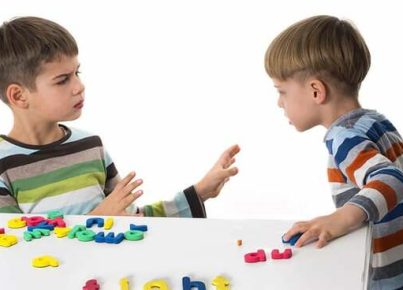Play is an essential part of childhood and a crucial element in developing healthy, well-rounded adults. For children, play is not just about toys or playground antics; it’s a significant way through which they learn and grow emotionally, cognitively, and physically. In this article, we will explore 11 ways to play that can support various aspects of childhood development.
1. Solitary Play: Through solitary play, children learn to be self-reliant and entertain themselves with their own thoughts and resources. This form of play allows for creativity and imagination without the influence of others.
2. Parallel Play: Common among toddlers, parallel play involves playing alongside another child without direct interaction. It helps children learn about social boundaries and the presence of others in their space.
3. Cooperative Play: This type of play requires interaction, sharing, negotiating, and working together towards a common goal. Cooperative play is vital for teaching social skills like communication and conflict resolution.
4. Imaginative Play: Through dressing up and role-playing, children explore various identities and scenarios. This form of play develops creativity, emotional understanding, and problem-solving skills.
5. Physical Play: Activities that involve running, jumping, climbing, or sports encourage gross motor skill development as well as hand-eye coordination.
6. Constructive Play: Using building blocks or creating art helps refine fine motor skills and allows children to see the results of bringing a concept from their imagination to reality.
7. Musical Play: Engaging with music—whether by listening, singing, or dancing—can improve linguistic abilities and develop a sense of rhythm and coordination.
8. Puzzle-Play: Puzzles challenge cognitive thinking and enhance problem-solving abilities while also improving hand-eye coordination.
9. Nature Play: Spending time in nature enables children to learn about the environment, science concepts, and fosters appreciation for the world around them.
10. Storytelling Play: Creating stories helps with linguistic development and allows children to practice empathy by placing themselves in someone else’s shoes.
11. Digital Play: Playing educational games on tablets or computers can support learning across various subjects like math or reading while also teaching digital literacy skills.
In conclusion, play is far more than idle entertainment for children—it is an essential catalyst for growth across all developmental domains.





